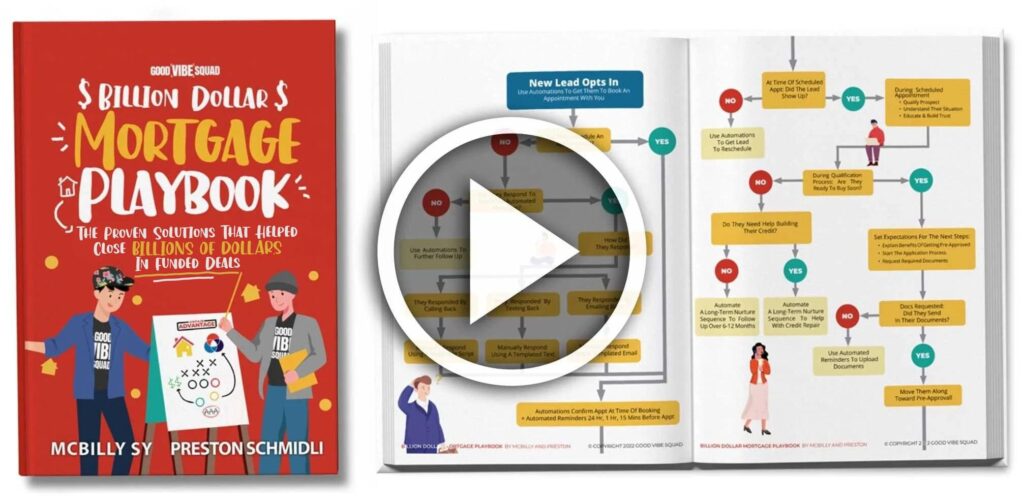Appraisals are a necessary part of the home buying process. However, the loan appraisal process can throw a wrench in the home buying or refinancing process when the appraisal comes back lower than expected. While low appraisals do not happen often (according to Fannie Mae they occur less than 8% of the time), they can be frustrating for both the buyer and the seller and can make your job closing a home sale much more difficult.
Here we offer some home appraisal tips as well as options when an appraisal comes in low.
Key Takeaways
- Low appraisals can be frustrating, but they don’t happen often (less than 8% of the time).
- Common factors that can contribute to a low appraisal include the appearance of the home, housing market conditions, seller overpricing, and neighborhood foreclosures.
- Loan officers can help their clients with low appraisals by filing an appraisal dispute, adjusting financing, compromising on the sales price, or getting a second appraisal.
- Loan officers can also establish clear expectations, become familiar with the property and housing market, and talk with borrowers about how to achieve the most out of their appraisal.
- Understanding the appraisal process and working around low appraisals can help loan officers be a hero for their buyers.
Get Our Billion Dollar Mortgage Playbook
Get the proven strategies that helped close Billions of dollars in funded deals!
How does a low appraisal happen?
Many different factors can affect an appraisal and any one of these can result in a lower appraisal than expected. Here we look at some of the most common contributing factors to a low appraisal.
- Home appearance – The appearance of a home makes a big difference when it comes to an appraisal. A professional cleaning (including attics, basements, and garages), proper staging, fresh paint, and a well-groomed yard can make a big difference.
- Housing market conditions – Appraisers use comps (comparable housing sales) in their efforts to make an appraisal. Understanding the current (within the last month or two) housing market and comparable property values is essential when anticipating an appraisal value.
- Seller overpricing – In many cases, the seller promotes a higher value with their listing price that is not in line with the current market value.
- Neighborhood foreclosures – Similar to housing market conditions, foreclosure rates can also play a role in the appraisal. Foreclosure homes in the neighborhood can reduce the appraisal a home receives.
What can you do when an appraisal comes in low?
If a low appraisal comes in, it doesn’t necessarily mean that the sale is done. There are some things you can do as a loan officer to help your buyers complete the sale. Here we offer several options that you can use to fight the low appraisal or work around it.
Filing an appraisal dispute
When a low appraisal comes in, it is important that you thoroughly look over the appraisal report. If you (along with the realtor or homeowner in the case of a refinance) believe that the appraisal is inaccurate, you can file an appeal on the decision with the appraisal company. While this process is typically difficult, providing supporting data, such as recent neighborhood comps that brought in higher values, you may have a good chance at receiving an adjustment.
Adjust the financing
If the appraisal comes in slightly lower than the offer price, you can offer the buyer adjustments to their financing that reduce the down payment and allow for money to be used as cash to make up the difference. For example, if the buyers offered $200,000 on a home and the appraisal came back at $190,000, financing the $190,000 with a reduced down payment, allowing them to pay the $10,000 difference at closing, could be a workable solution. While this may raise the monthly payment and interest rate for your buyer, it can provide a solution.
Compromise on the sales price
If evidence shows that the appraisal is accurate, it may be beneficial to talk with the seller about accepting an offer on par with the appraisal. In many cases, and as long as the difference is not too great, the seller may be willing to work with you and the buyer to facilitate the sale.
Getting a second appraisal
If you, the real estate agent, agent, the buyer, and the seller all believe that the home appraisal was incorrect, you can request a second appraisal. However, it may still not change, and you must consider the cost of the second appraisal.

Loan officer tips for the appraisal process
So, as a loan officer, what can you do to help reduce the risk of potential low appraisals and help your buyers or refinancers complete their financing needs? Here we look at some loan officer tips that can help reduce the headaches caused by low appraisals.
Establish clear expectations
Home appraisals can be confusing for borrowers, especially when they have already had a home inspection. Why do they need something else? Being clear with them about every aspect of the appraisal process is essential. If this is for a home refinance, explain all the information that they should share with the appraiser, such as additions or upgrades, unique home features, and comparable property sales. Also, let them know that appearance matters and to prepare their home in the best way possible to help ensure a favorable appraisal. Never promise an appraisal value to a buyer before the actual appraisal is received, as this can create false expectations when the actual appraisal doesn’t come through as promised.
Become familiar with the property
As a loan officer, it is in your best interest to become familiar with the local housing market and individual properties that your buyers are considering. Partnering with a local real estate agent can help give you a deeper understanding of the local market, what to look for in properties, and what to expect with the home appraisal. This can help you better inform your buyers and be ready for the appraisal. In addition, certain loans, such as FHA, may come with specific appraisal requirements, so knowing more about properties and the appraisal process can help you be better prepared.
Talk with the borrower
If a buyer is looking to refinance their home, talk with them about how to achieve the most out of their appraisal. Tips such as staging their home, making minor repairs, professional cleaning, and landscaping, and providing complete lists of improvements and additions can make a big difference to the appraiser.
The bottom line
While no buyer, seller, or loan officer wants to receive a low appraisal, they do occasionally present themselves. As a loan officer, understanding the housing market and the local for sale properties can help you avoid surprise appraisals and help your borrowers complete their purchases. If a low appraisal still occurs, knowing how to work around it can make you the hero for your buyers.







